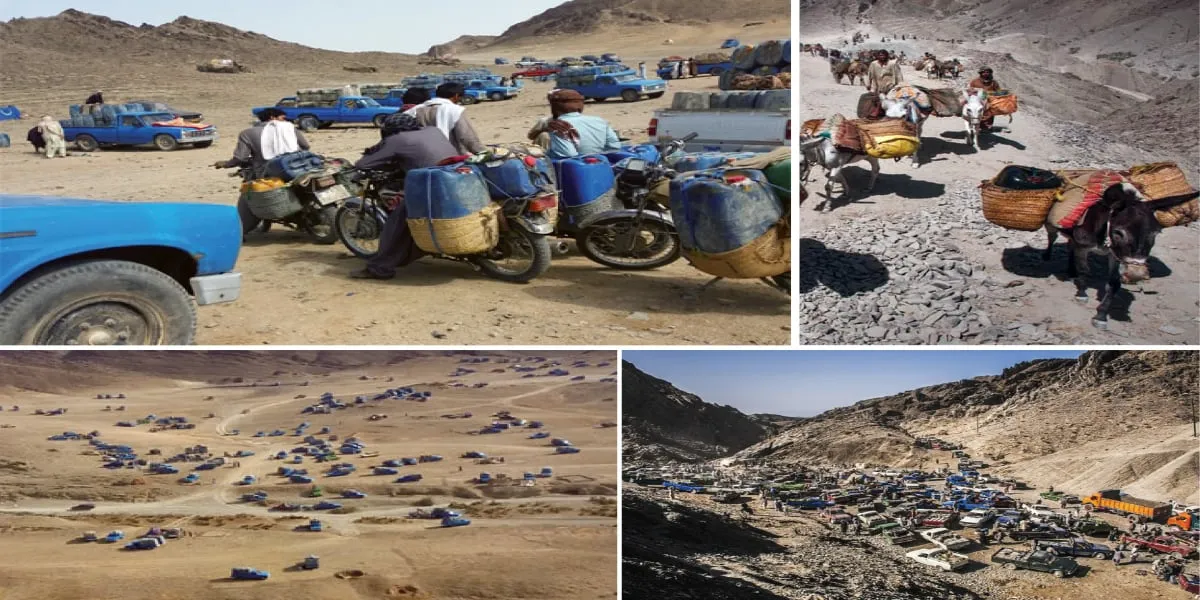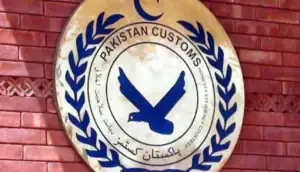Islamabad: A recent report by the Policy Research Institute of Market Economy (PRIME) and the Transnational Alliance to Combat Illicit Trade (TRACIT) reveals that Pakistan loses a staggering Rs 750 billion in tax revenue each year due to illicit trade and smuggling activities.
This highlights the growing challenge of smuggling and illegal manufacturing, which is expanding across critical sectors such as tobacco and petroleum products.
The joint report, titled “Pakistan’s Battle Against Illicit Trade: An Analysis of Challenges and Pathways to Resilience,” sheds light on the severe financial impact of illicit trade.
It estimates that the informal economy, valued at $123 billion, results in an annual tax revenue loss of Rs. 3.4 trillion.
The report is accompanied by two other significant studies: TRACIT’s 2025 Global Illicit Trade Index and PRIME’s Combating Illicit Trade in Pakistan: A Structural and Policy Analysis.
These reports outline how policy flaws, enforcement gaps, and structural economic distortions have allowed illicit markets to thrive.
They emphasize the urgent need for coordinated action in areas such as taxation policy, regulatory governance, border management, and consumer protection.
Jeffrey P. Hardy, Director General of TRACIT, stressed that Pakistan’s low ranking on the illicit trade index signals a critical need for more effective enforcement.
He suggested that the appointment of a National Illicit Trade Coordinator would be a key step in improving monitoring and enforcement across the country.
Pakistan’s rank on the Illicit Trade Index 2025 is troubling, sitting at 101st out of 158 countries, well below the global average. Regional counterparts like India (52nd), Bangladesh (95th), and Sri Lanka (73rd) have performed significantly better.
Pakistan’s composite score of 44.5 reveals serious vulnerabilities, especially in areas like taxation, regulatory enforcement, and supply chain security.
While the country does better in trade, customs, and border management (with a score of 75.4), it faces considerable challenges in managing sectoral illicit trade (29.3) and supply chain intermediaries (25.9), which remain persistent and require immediate attention.
Overhaul of Pakistan’s taxation policy
To combat these risks, the reports call for a comprehensive reform program. A key focus is the overhaul of Pakistan’s taxation policy.
The reports suggest rationalizing excise duties and customs tariffs to better align with economic realities and reduce the incentives for smuggling and tax evasion.
They point out that excessive taxation, without consideration of compliance behavior, has led to shrinking formal market shares, particularly in sectors like tobacco and petroleum.
Strengthening enforcement mechanisms is another essential component of the reform agenda. Although Pakistan has made progress in improving border controls, domestic market enforcement remains inadequate.
To address this, the reports recommend expanding the Inland Revenue Enforcement Network (IREN), increasing market inspections, and boosting funding for the Federal Board of Revenue’s (FBR) enforcement operations.
These steps are seen as crucial to deterring illicit trade and recovering lost tax revenue at both the retail and distribution levels.
Modernizing the Track and Trace System for excisable products is another vital reform.
The current system has low compliance, particularly in the tobacco sector, which undermines its effectiveness.
Read More: 200 Smugglers Continue Illegal Petrol, Diesel Imports via Pak-Iran Border
Strengthening the technological infrastructure, conducting regular audits, and introducing strict penalties for non-compliance are critical measures for improving the system’s credibility and operational efficiency.
The reports also highlight the importance of improving inter-agency coordination.
The lack of systematic collaboration between key agencies—such as Customs, the FBR, excise departments, and border forces—has weakened Pakistan’s enforcement capacity.
To address this, TRACIT advocates for the establishment of dedicated coordination platforms, enhanced intelligence-sharing mechanisms, and joint operations to disrupt illicit supply chains.
By implementing these reforms, Pakistan can significantly reduce illicit trade, restore fair competition in the market, increase government revenues, and rebuild investor confidence.
Also Read: Business Community Asks to End Anti-Export Levies
The reports conclude that a serious commitment to institutional reform and modernization of enforcement mechanisms is not only essential to tackling the economic threat posed by illicit trade but also crucial for ensuring long-term, sustainable economic growth.









